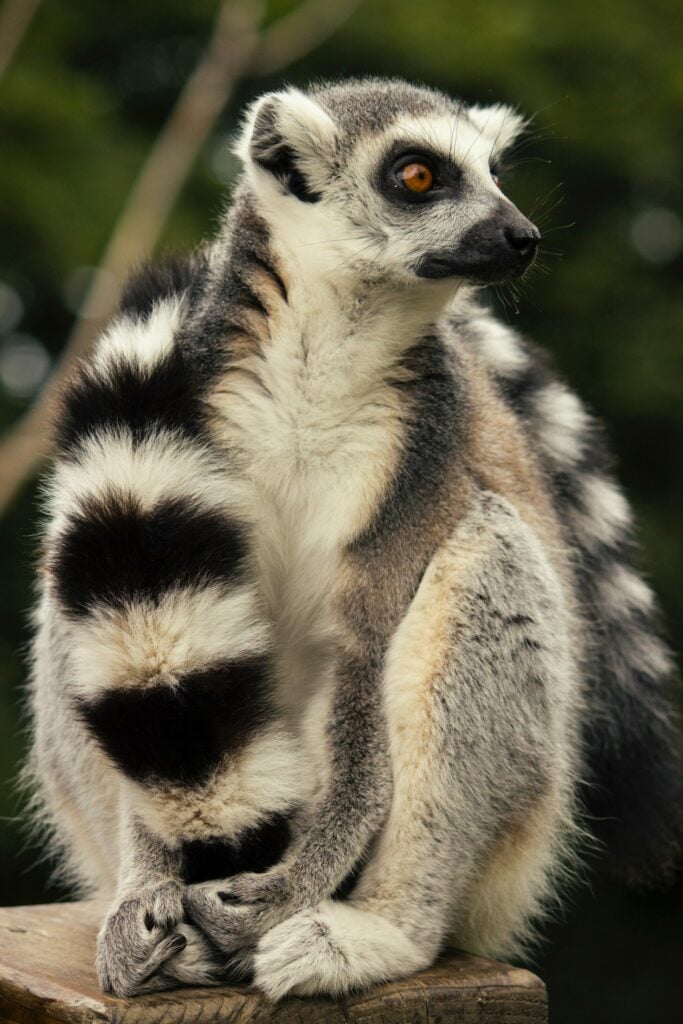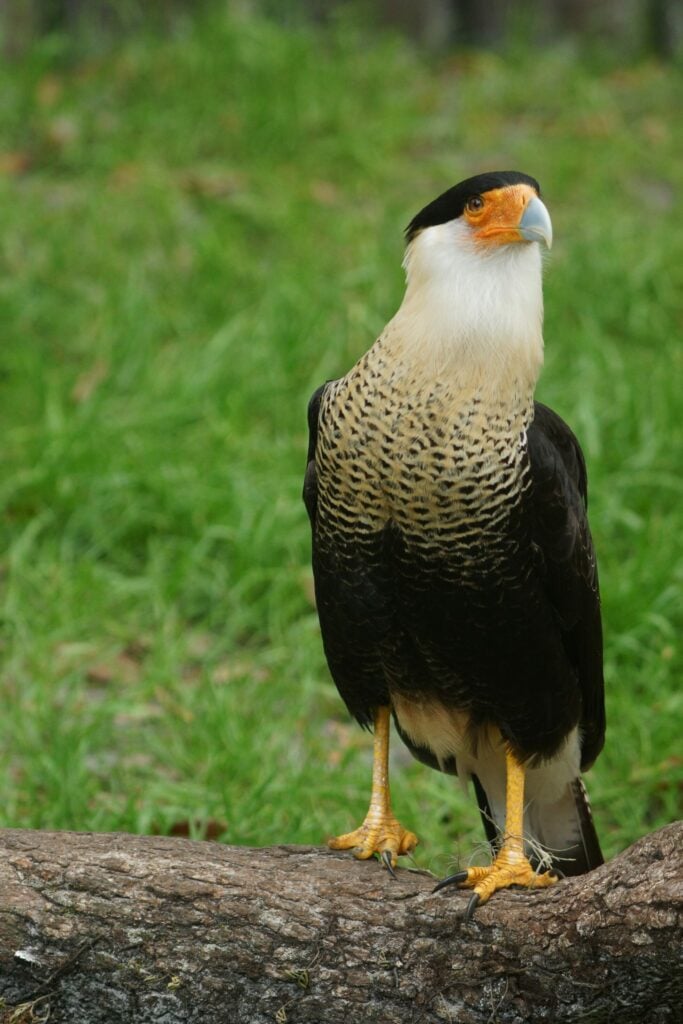Discover Raja Ampat, Indonesia's diving paradise in the Coral Triangle. Explore rich marine life, pristine waters and unique dive sites like Misool and Cape Kri.
GVI
Posted: July 10, 2024

GVI
Posted: February 9, 2023
Hey there, nature lovers! Do you know what makes a country unique and special? Their national animals! These animals not only represent the country’s heritage and culture but also its biodiversity. In this article, we will take a virtual tour of six countries – Mexico, Costa Rica, Madagascar, Fiji, and Thailand – and discover their national animals and the conservation efforts in place to protect them.
The Mexican eagle, also known as the golden eagle, is a magnificent bird of prey that is native to North America. This majestic bird has a wingspan of 6-7 feet and is known for its striking golden plumage and fierce hunting skills. The Mexican eagle has been the national animal of Mexico since 1963 and is considered a symbol of Mexican strength and freedom.
The Mexican Eagle is endangered due to habitat loss and human activity. Fortunately, there are conservation efforts underway to protect this magnificent bird. The Mexican government has established breeding programs to help increase the population of the Mexican Eagle, and there are also efforts underway to protect its habitat. In addition, there are organisations working to educate the public about the importance of preserving the Mexican eagle and its habitat.
Find out more about GVI’s wildlife and marine conservation projects in Mexico.
Costa Rica is known for its lush rainforests and diverse wildlife, and it’s no wonder that the slow-moving sloth is the national animal of this beautiful country. These creatures, famous for their distinctive appearance, long arms and slow movements, symbolise the country’s rich biodiversity, not to mention its relaxed and laid-back lifestyle.
Unfortunately, sloths face a number of threats, including habitat loss and fragmentation, hunting, and climate change. To protect these creatures, conservation efforts have been established to conserve and protect their natural habitat, anti-poaching measures have been implemented, and public education and awareness programs have been created to raise awareness about the importance of preserving sloths and their habitat.
Costa Rica is taking a proactive approach to protect Sloths and their habitat, and with your help, this fascinating species can continue to thrive in the wild for generations to come. If you’re keen to travel to Costa Rica and contribute to the conservation of these and other vulnerable species, join one of GVI’s once in a lifetime ethical conservation expeditions to Costa Rica!


Madagascar’s national animal is truly remarkable – as it is only found in Madagascar and nowhere else earth. In fact, the small tropical island off the coast of Africa is famous for its diverse and unique wildlife, which have been ecologically isolated for millions of years. So, it’s no wonder that the ring-tailed lemur is the national animal of this beautiful country. These primates are a symbol of the island nation’s biodiversity and are famous for their distinctive appearance, with their long, bushy tails and their playful behaviour.
Unfortunately, ring-tailed lemurs face a number of challenges, including habitat destruction, hunting, and the pet trade. To help conserve this species, a number of initiatives have been established to protect and conserve their natural habitats, as well as to raise awareness about the importance of preserving these primates and their habitats. Conservation organisations, such as the Lemur Conservation Foundation, work to protect ring-tailed lemurs and their habitats through research, education, and habitat restoration programs.
Madagascar is committed to preserving its unique and diverse wildlife, and with your help, ring-tailed lemurs can continue to thrive in the wild for generations to come. So the next time you’re planning a trip to Madagascar, be sure to keep an eye out for these playful primates and learn more about the important role they play in the country’s ecosystems.
GVI works directly with lemur conservation in Madagascar. Join us here!
Fiji is a tropical paradise known for its stunning beaches and lush rainforests. The Fiji Banded Iguana is the national animal of this beautiful country and is a symbol of its unique biodiversity. These lizards are known for their distinctive appearance, with their green scales and bold black and yellow bands, and for their unique behaviour and ability to thrive in a variety of habitats.
Unfortunately, banded iguanas face a number of threats, including habitat destruction, hunting, and the pet trade. To help conserve this species, Fiji’s government has established protected areas for these reptiles, as well as implemented anti-poaching measures and launched public education campaigns to raise awareness about the importance of preserving this species and its habitat. Conservation organisations, such as the Fiji Iguana Project, work to protect the species through breeding programs and habitat restoration efforts.
Find out more about GVI’s wildlife and marine conservation projects in Fiji.
Thailand’s national animal is the elephant. It is considered a symbol of power, peace, and prosperity. These elephants are known for their placid and intelligent natures, and the emotional bonds they form with each other and humans.
Unfortunately, elephants face a number of challenges, including habitat loss, poaching, and the illegal ivory trade. To help conserve this species, Thailand’s government has established protected areas for elephants, as well as implemented anti-poaching measures and launched public education campaigns to raise awareness about the importance of preserving these magnificent animals and their habitats. Conservation organisations, such as the Elephant Reintroduction Foundation, work to protect elephants and their habitats through research, breeding programs, and habitat restoration efforts.
GVI works directly with elephant keeping community organisations to ensure the conservation of these gentle giants. Join us here!
These animals are more than symbols – they’re an indication of the health of an ecosystem. If they’re vulnerable, an entire country’s biodiversity is vulnerable. It is our responsibility to protect these species, their habitats, and all the other species who call those habitats home.

Discover Raja Ampat, Indonesia's diving paradise in the Coral Triangle. Explore rich marine life, pristine waters and unique dive sites like Misool and Cape Kri.
GVI
Posted: July 10, 2024